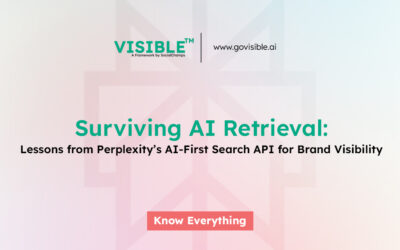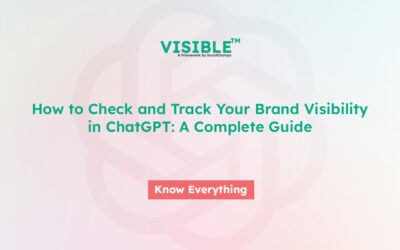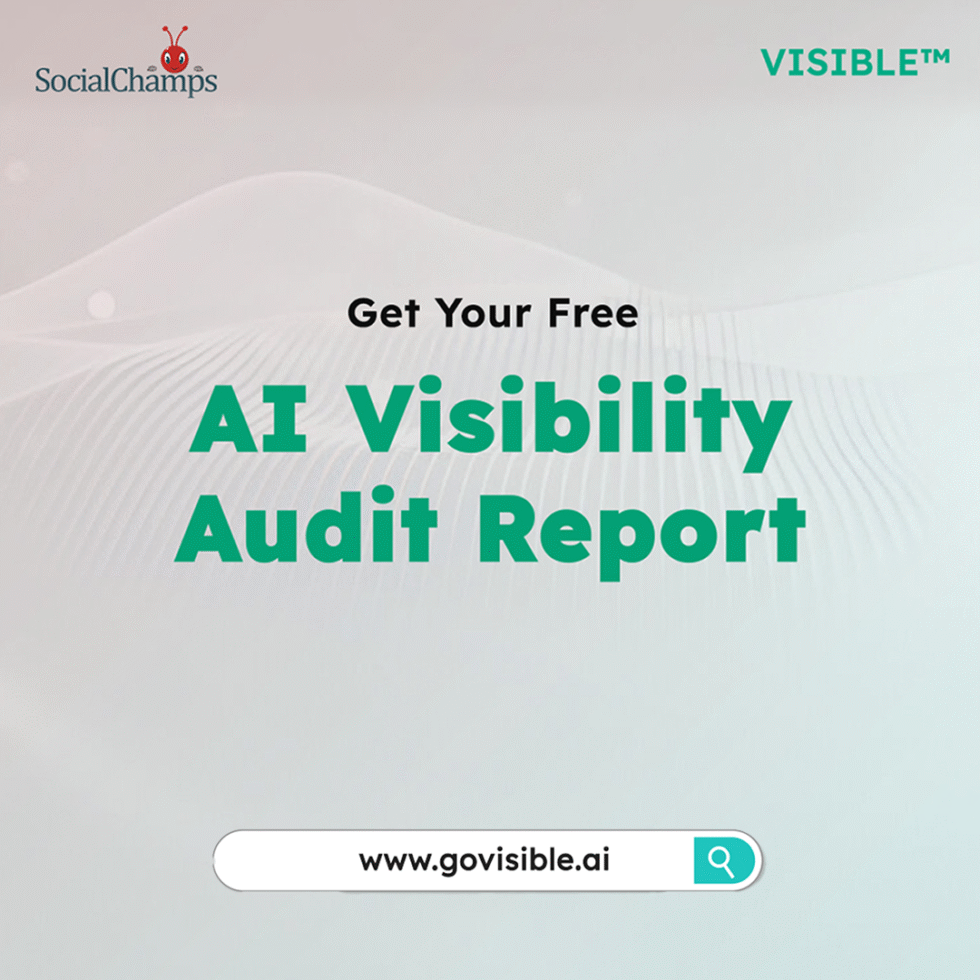Why Extracting Prompts Is the Starting Point of GEO
In Generative Engine Optimization (GEO), the path to visibility doesn’t start with keyword lists—it starts with the raw language of users. What they type into ChatGPT, Perplexity, or SGE isn’t just data. It’s demand, coded in natural language. These are searcher prompts—not vague signals, but direct expressions of need.
We introduced this shift in our foundational piece, Voice of the Searcher. But understanding it conceptually is only half the story. This blog tackles the operational reality: How exactly do you extract, structure, and act on prompts?
From Raw Input to Insight: The Role of Prompt Extraction
Prompt logs are scattered across fragmented interfaces. They’re also messy, duplicative, and context-heavy. That’s why prompt intelligence starts with a clear process:
harvest → normalize → cluster → analyze → deploy.
Where Do Prompts Live?
- Search Labs experiments (SGE feedback data)
- Shared ChatGPT links (especially viral how-to or research queries)
- Perplexity sessions (threaded chains of exploratory prompts)
- Internal chat logs (customer support, sales, onboarding)
We’ve mapped the full spectrum of sources in Where Buyer Prompts Begin, including what’s ethical and what’s off-limits.
Our platform natively ingests from structured prompt interfaces and semi-structured exports—standardizing them into our proprietary Prompt Bank format.
Making Prompts Actionable: From Noise to Narrative
Not all prompts are worth acting on. Before clustering, we reduce redundancy, normalize syntax, and remove linguistic fluff.
Tools to Clean and Deduplicate
- NLP models to detect semantic overlap
- Structural normalization (e.g. converting variants like “how can I…” vs “what’s the way to…”)
- Entity Depth Index tagging to separate shallow from deep exploratory prompts
This process—also central to Prompt Mining—allows teams to go from chaotic data to clear categories of demand.
Prompt Clustering: From Singular Queries to Scalable Themes
Definition: Prompt clustering is the grouping of semantically related prompts based on intent, topic, or structure—often via vector embeddings or LLM classifiers.
VISIBLE™ leverages multi-layer classifiers that go beyond lexical matching. We assign intent layers (exploratory, transactional, comparative) and surface recurring question types, modifiers, and entities.
The Patterns Behind the Prompts
Prompt clusters aren’t just about volume—they’re about velocity and variability. Which themes are accelerating? Which are diversifying?
Visualizing Prompt Patterns
We recommend plotting:
- Prompt modifiers (e.g., “best”, “safe”, “step-by-step”)
- Comparative frames (“X vs Y”)
- Unanswered themes (gaps that produce hallucinated responses)
These gaps represent zero-click zones—prompts that trigger inline answers but no link-outs. As we explain in TOFU-MOFU-BOFU Prompt Mapping, these are the new frontier for brand content strategy.
From Patterns to Content Playbooks
You don’t produce content for prompts one-by-one. You build programmatic responses to the high-intent themes they reveal.
Why Prompts Replace Keywords
Legacy SEO followed keywords to traffic. GEO follows prompts to user mindset. For example:
- Prompt: “Is it safe to use Notion for HIPAA-compliant data?”
- Content Play: A Notion vs Confluence HIPAA Readiness Guide
- Prompts deliver full user context—brand, use case, concern, urgency. Our content systems must reflect that granularity.
Turning Clusters into Content Blueprints
- Use prompt families to generate modular page templates
- Update TOFU pages with rising prompt themes
- Build content series mapped across funnel stages
We operationalize this in every Prompt Bank we create—detailed in How to Build Prompt Banks.
Tooling for the Prompt Era
| Tool Layer | Manual Stack | LLM-Integrated Stack |
|---|---|---|
| Data Ingest | CSV exports | VISIBLE™ Prompt Ingestor |
| Clustering | Custom NLP scripts | GPT-class embedding + clustering |
| Intent Mapping | Manual tagging | GEO Intent Taxonomy (LLM-aided) |
| Deployment | Content briefs | CMS-integrated playbooks |
Open source tools like Haystack and LangChain can jumpstart your architecture. But at scale, VISIBLE™ automates this entire chain, from ingestion to insight to activation.
How VISIBLE™ Automates Prompt Intelligence
Our platform turns prompt noise into growth strategy. Here’s how:
- Prompt Harvesting — from APIs, logs, and open interfaces
- Prompt Clustering — deduped, classified, layered by depth
- Intent Mapping — using EDI and behavioral taxonomies
- Opportunity Analysis — visualizations, gaps, comparative trends
- Deployment — mapped to GEO Playbooks, CMS-ready
This isn’t theory. This is how modern visibility is built.
“If you’re still looking at keywords, you’re optimizing a version of the internet that’s disappearing. Prompts are the new front door—and prompt intelligence is the lockpick.”
Want to see your brand’s top searcher prompts? Book a demo with VISIBLE™
Download our full Prompt Intelligence Toolkit






